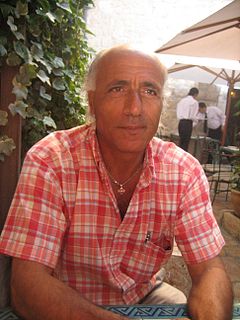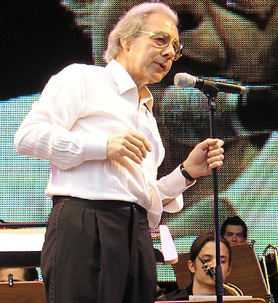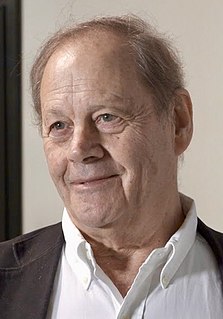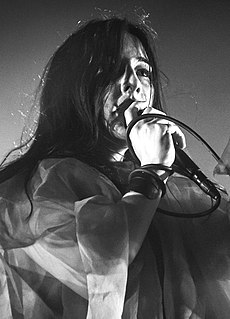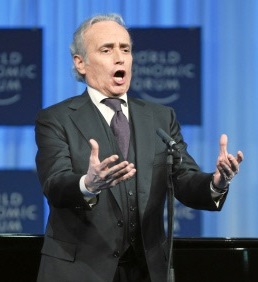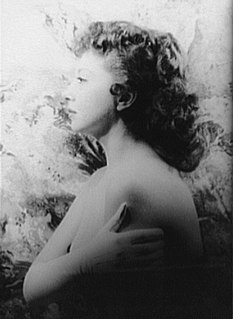A Quote by Daniel Barenboim
I was never really interested in an operatic post, but I took on the Bastille because it seemed a unique opportunity to build an opera ensemble from scratch, and to deal with all the disciplines that go into opera - the music, the staging and the singing - in an interrelated way.
Related Quotes
I was very young, maybe five. The opera was very... I was attracted to opera to the point that I think it's the reason I started to write music for films. I never studied. There are film and music school that teach you how to write music. I never studied that. But the influence of opera, which is a combination of storyline, visuals, staging, plus music... that was perhaps the best school I could have had. That's what gave me the idea of coming to Hollywood to write music for films.
There's a kind of a line between music and math, so I guess I got the music gene, thank goodness. But my mother wasn't too thrilled. She wanted me to go to university and get a degree or do something, and my father, he liked opera so he wasn't too thrilled either, because he wanted me to be an opera singer and I didn't have - as he said, I don't really have the strength to do that.
I've always loved opera; it never occurred to me that I would write a proper libretto. One of my closest friends is a composer, Paul Moravec, and a few years ago, Paul and I were at lunch, and I said to him, "you really have to write an opera." So, he says very casually to me, "I'll do it if you write the libretto." Well, little did I know that the within a couple of years we would end up getting a commission from the Santa Fe Opera to write an opera together, "The Letter," which turned out to be the most successful commissioned opera in the history of the Santa Fe Opera.

